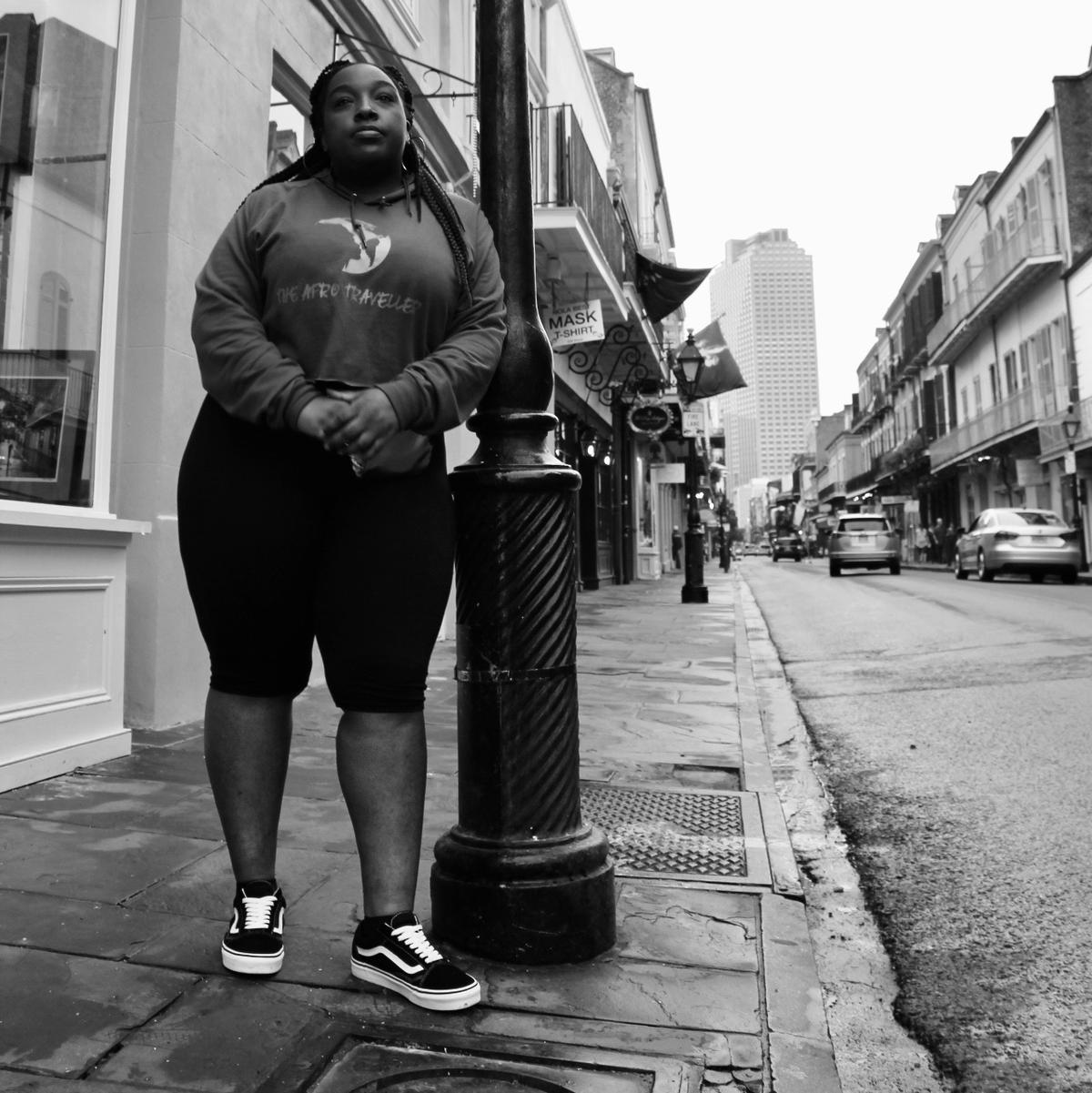Have you ever seen the phrase "relly kelly" pop up somewhere, perhaps in a text message or on social media, and wondered if it was, like, a new slang term or maybe just a typo? It's a pretty common sight these days, and honestly, it can be a bit confusing for anyone who cares about getting their words just right. This little mix-up, you know, it often leaves people scratching their heads, wondering if they're missing out on some kind of secret language or if it's simply a slip of the fingers on a keyboard.
Well, to put it simply, this article is here to clear things up about "relly kelly" and its proper counterpart. We're going to explore what this phrase often tries to mean, how it gets used, and why, actually, it's a spelling that needs a little correction. You'll soon see the right way to express those strong feelings or truths you want to share.
It's really important, you might say, to get our words right when we communicate, isn't it? Clear language helps us connect better, whether we're chatting with friends or writing something more formal. So, let's just get into it and learn all about the word that "relly kelly" tries to be.
Table of Contents
- Understanding the "Relly Kelly" Confusion
- Why the Confusion Happens
- Tips for Spotting and Correcting the Mistake
- Frequently Asked Questions About "Really" and "Relly"
- Mastering the Use of "Really"
Understanding the "Relly Kelly" Confusion
So, let's get straight to it: the term "relly kelly" isn't, in fact, a correct phrase or a proper word in English. It's, well, it's basically a common misspelling of the word "really." This happens quite a lot, actually, because the two words sound so much alike when you say them out loud, and it's easy for fingers to slip on a keyboard or for minds to get a little mixed up. The core of the issue, you see, is that "relly" just doesn't carry any meaning on its own in standard English, whereas "really" has a very clear and powerful role.
When someone types "relly," they almost always mean "really," which is an adverb. This adverb, you know, serves a pretty important purpose in our language. It's used to add emphasis, to show surprise, or to express a particular feeling. For instance, if you're talking about something that's very true, or if you're just incredibly impressed by something, "really" is the word you'd pick. It helps to make your statements stronger and your emotions clearer, which is pretty neat, if you think about it.
The Meaning of "Really"
The word "really," you might say, is all about getting to the heart of something, to the truth of it. Its primary meaning is "in reality" or "actually." So, when we use "really," we're often trying to convey that something is genuinely true, not just imagined or supposed. For example, if you want to see things as they *really* are, you're looking for the unvarnished truth, the actual facts, and nothing less. It’s a word that cuts through the noise, more or less, and gets to the core of a situation.
Beyond just truth, "really" also works as an intensifier, which is pretty cool. It can boost the strength of an adjective or another adverb, making it more impactful. Think about it: saying "that's good" is one thing, but saying "that's *really* good" adds a whole new level of positive feeling. It's like turning up the volume on your words, you know? This makes it a very versatile word for expressing strong opinions or observations, and it’s, like, constantly used in everyday conversation.
How to Use "Really" in a Sentence
Using "really" in a sentence is, frankly, quite straightforward once you get the hang of its different roles. As we've discussed, it can emphasize truth, show surprise, or highlight a feeling. Let's look at some examples to make this a bit clearer, because, you know, examples often help things click into place. One common way is to use it to confirm something, like if someone says, "I'm getting married to Fred." You might respond, "Really?" This shows genuine surprise or a need for confirmation, which is, well, very human.
It's also used to emphasize a quality or an action. My dad, for instance, was always *really* good at making up stories. Here, "really" makes "good" even stronger, showing just how skilled he was. It’s not just good; it’s, like, exceptionally good. Similarly, if you say, "I'm *really* tired," you're not just a little sleepy; you're, you know, quite exhausted. This usage is about intensifying the degree of something, which is a powerful way to communicate.
Consider these ways we use "really" to make our points stronger, because it's, arguably, one of the most common adverbs of degree:
- To emphasize truth: "To see things as they *really* are." This means seeing them as they exist, without any illusions.
- To express surprise: If someone shares big news, like "I just got accepted into Harvard," their friend might respond, "Really?" This shows genuine astonishment.
- To intensify a feeling or quality: "My dad was always *really* good at making up stories." Here, "really" boosts the meaning of "good."
- To indicate something is excessive: "Really, this is too much." This suggests that a situation has gone beyond what is acceptable or comfortable.
You can see, it's a very flexible word, and its correct use adds a lot of nuance to what we say. It helps us convey just how strongly we feel about something, or how true something actually is, which is, you know, pretty useful in daily talks.
Why the Confusion Happens
The confusion between "really" and "relly" happens for a few reasons, and it's, honestly, a pretty common linguistic quirk. One of the main culprits is how similar they sound when spoken. The "ea" in "really" often gets pronounced in a way that sounds a lot like a short "e" or "eh" sound, especially in fast speech. So, when people hear it, their brain might, you know, just default to the simpler "e" spelling, leading to "relly." It's a natural shortcut our brains sometimes take.
Another big factor is the rise of informal digital communication. When we're texting or chatting online, people often type quickly, and sometimes, well, accuracy takes a backseat to speed. Autocorrect might not always catch these specific misspellings, or people might just be typing so fast they don't notice the error. This means that "relly" gets used, and then others see it and, perhaps, start using it too, thinking it's an acceptable variant. It's a bit like a game of telephone, but with typing, and it spreads, you know, quite easily.
Then there's the fact that English has, like, so many words that sound alike but are spelled differently (homophones) or words that are just often confused. Think about "their," "there," and "they're." It's a constant challenge for learners and even native speakers. "Really" and "relly" just add to that list of tricky pairs. Learning the meaning of "relly" with clear definitions is, well, impossible because it doesn't have one, but learning about "really" helps clear up the confusion, which is, you know, pretty much the point here.
Tips for Spotting and Correcting the Mistake
Spotting the "relly" mistake and correcting it is, thankfully, pretty simple once you know what to look for. The biggest tip is to remember that "relly" is *never* the correct spelling for the adverb that means "in reality" or "very." If you see "relly," your mind should, like, immediately flag it as a misspelling. It's a good habit to develop, you know, that little internal editor that catches these things.
Here are some ways to make sure you're always using "really" correctly, because, honestly, it makes your writing look much more polished:
- Always use "ea": The correct spelling is always "r-e-a-l-l-y." Just remember that "ea" combination. It's, you know, pretty consistent.
- Read aloud: Sometimes, saying a sentence out loud can help you catch errors. If "relly" looks or sounds off to you, it probably is.
- Use spell-check: Most word processors and messaging apps have spell-check features. While they might not catch everything, they're usually pretty good at flagging "relly" as incorrect.
- Practice: The more you read and write correctly, the more natural it will feel. Practice makes perfect, they say, and it's, like, very true for spelling too.
By keeping these tips in mind, you can, you know, pretty much eliminate the "relly" error from your writing. It's a small change that can make a big difference in how your words are perceived, and that's, like, really important for clear communication, isn't it?
Frequently Asked Questions About "Really" and "Relly"
People often have questions about this particular word pair, and that's, you know, completely understandable given how often the misspelling pops up. Let's address some of the common things people wonder about "really" and "relly," because it helps to clear up any lingering doubts, which is, like, pretty helpful.
Is "relly" a real word?
No, "relly" is not a real word in standard English. It's, basically, an incorrect spelling of the adverb "really." If you see it, it's almost always a typo or a misunderstanding of the correct spelling. It just doesn't carry any meaning on its own, which is, you know, quite important to remember.
What's the difference between "really" and "relly"?
The difference is, like, quite simple: "really" is the correct spelling of the word, and "relly" is an incorrect spelling. "Really" is an adverb used to emphasize truth, surprise, or a feeling, while "relly" is, well, just a mistake. There's no functional difference in meaning because "relly" has no meaning, which is, you know, pretty much the whole point.
How do you use "really" in a sentence?
"Really" is used to add emphasis or to mean "in reality." For example, you might say, "I'm *really* happy for you," to show strong emotion. Or, if you're surprised, you could say, "You did that? *Really*?" It's a very versatile word for making your statements stronger or clearer, and it's, like, constantly used in everyday speech, so it's good to get it right. You can learn more about adverbs on our site, which is, you know, pretty helpful for understanding how words like "really" work.
Mastering the Use of "Really"
Getting a handle on "really" means, in a way, just understanding its power as an adverb. It’s one of those words that, you know, adds a lot of flavor to our language, making our expressions more vivid and our meanings clearer. When we use it, we’re often trying to convey a genuine sense of truth or a strong degree of something, which is, you know, pretty cool. It’s not just a filler word; it actually enhances what we’re trying to say, which is, like, a really important distinction.
As an adverb of degree, "really" stands alongside other words like "too," "quite," "very," and "extremely." These words, you see, all serve to modify adjectives, verbs, or other adverbs, giving us more precise ways to describe things. For instance, if you're talking about how good something tastes, you might say it's "very good" or "really good." Both convey a high degree of goodness, but "really" can also imply a sense of genuine surprise or confirmation, which is, you know, a bit unique.
So, next time you're writing or typing, just take a moment to consider if you're using "really" correctly. It’s a small detail, but, honestly, it makes a big difference in the clarity and professionalism of your communication. By choosing "really" over "relly," you’re showing that you care about precision in your language, and that’s, like, a really commendable thing. You can check out more tips on common spelling errors here, which is, you know, pretty useful for anyone looking to sharpen their writing skills. For further reading on adverbs and their usage, you might find this external resource helpful: Adverbs Explained.
Understanding words like "really" helps us to see things as they, you know, really are, and to express ourselves with greater accuracy and impact. It’s a little detail that adds a lot to our daily conversations and written messages, and that’s, you know, pretty much the whole point.



Detail Author:
- Name : Alberta D'Amore
- Username : qklocko
- Email : qmoore@kiehn.biz
- Birthdate : 1994-12-10
- Address : 8792 Doyle Walks Bernhardhaven, FL 49935
- Phone : 901-358-4133
- Company : Ryan, Willms and White
- Job : Garment
- Bio : Asperiores vel eum et. Hic nemo odio incidunt repellat non maiores eum eius. Itaque pariatur dolorum repudiandae praesentium ex est. Nihil tenetur odio voluptate officiis et ut.
Socials
linkedin:
- url : https://linkedin.com/in/destanypfannerstill
- username : destanypfannerstill
- bio : Ad provident perspiciatis nemo minima et quia.
- followers : 4562
- following : 1880
twitter:
- url : https://twitter.com/destany_pfannerstill
- username : destany_pfannerstill
- bio : Iste officiis ut hic non tempore maxime. Non aut enim excepturi voluptas ipsam et. Qui in non aut voluptas eveniet necessitatibus.
- followers : 4601
- following : 1330
facebook:
- url : https://facebook.com/destany_pfannerstill
- username : destany_pfannerstill
- bio : Rerum inventore quas eos. Omnis ut repellendus ipsam reiciendis.
- followers : 4436
- following : 344
instagram:
- url : https://instagram.com/pfannerstill1977
- username : pfannerstill1977
- bio : Dolores ipsam nihil culpa at soluta et ea voluptatum. Vero dolores pariatur in sed ex tempore.
- followers : 2062
- following : 2700

